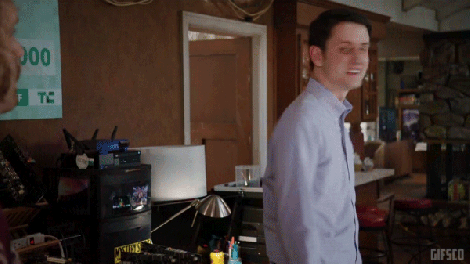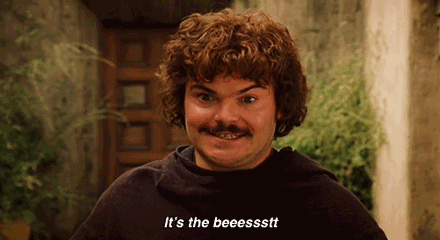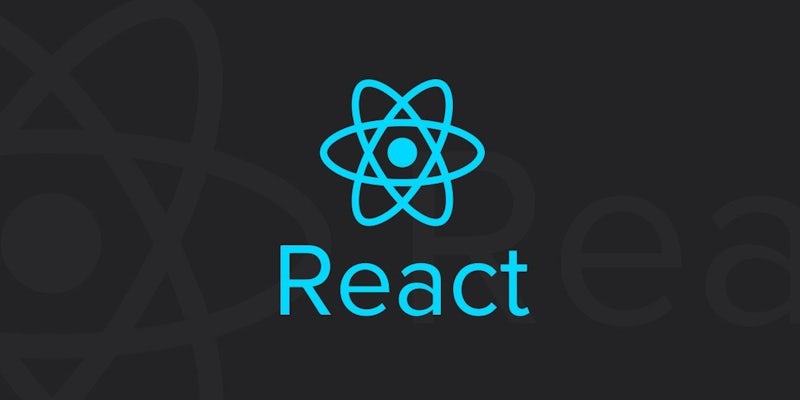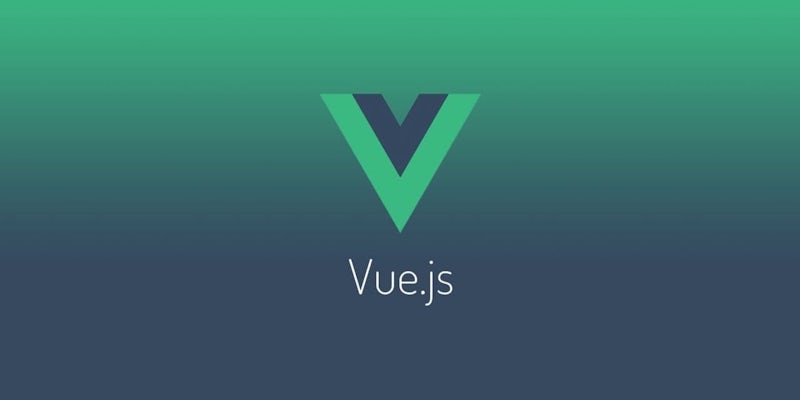Code
All I Want for Christmas is Code

Pre-schools and primary schools are investing in 'programmable' bees that take instructions by pressing a series of buttons. You can then watch them chart their course across whatever crayon-scrawled rendering of a road system or other imagined labyrinth, following your exact orders.
I've seen children play with these and the delight they get from something doing what they tell it to is at least on a par with the delight parents get from equivalent obedience.
You're Playing With A Computer

For a slightly older crowd, is some contraption for—according to the TV ad— pre-teens to smilingly slot marbles into with wide-eyed abandon. The marbles satisfyingly drop, hitting plastic pins and fall into slots at the bottom. This description may not do it justice, but to my childhood self, it would have been enough to see it on my Christmas list.
But the advert goes on—carefully place some widgets into the device and, apparently, you can use this machine to add, subtract, multiply, divide; you can employ conditional logic, create loops. Turns out what you're playing with—and more to the point, programming—is a computer (in a sense that would have been very much understood by Charles Babbage, the inventor of the first 'modern' computer nearly 200 years ago.) Similarly, those robotic bees introduce the concept of an algorithm with gentle effectiveness. Not sure what all these words mean? Have a read of the latest primary school computer science National Curriculum to clue up, as well as get an inkling on what the makers of these 'toys', and many others besides, are trying to capitalise on.
Creative. Fun. Adaptable

Those of us who didn't live through this enlightened time of early childhood indoctrination into computing may feel like they have missed out on a crucial step on the way to becoming a programmer—the 'fun' bit. It's a fair conclusion if the most engaging thing you ever got from a computer was writing rude words on an upside-down calculator. But for me, code is the best toy I ever owned: fun, creative, social, and endlessly adaptable.A few weeks in and I'd recreated the card game blackjack. No visuals, just text on the screen. But I wrote in a sardonic card dealer who taunted you if you didn't put in a decent stake. Another couple of weeks later, and on a similar platform, I'd written a simple Pokémon-style battle game, but I got to make up the names and the stupid sounds the creatures made when you sent them into battle.
For The Love Of Code
You might be one of those 'creative types' who wrote off maths and science at an early age because you didn't see any way to personalise those impersonal formulae you had to memorise.

What's your poison? Music? You might have come across Patatap, a portable animation and sound kit that I use on occasion to distract my baby from incoming tears, and keep on playing myself when she settles to sleep. Art? 'Livecoding' visuals at club nights is a thing now: livecodelab is a good place to start, engineered to the beginner wanting to get going straight away. Or perhaps you're a creative writer, and would get excited by Twine, an interactive storytelling engine that gives you endless ways of enhancing your narrative.
Whatever floats your boat, the secret is none of these things employ logic more than a couple of steps harder than that marble-powered calculator or that programmable pollinator.
If you've grown out of everything in the Argos catalogue but still feel the need to play, learning to code might well be the solution.
Take the first step towards a new career in code. Start your Northcoders application today. With bootcamps in both Leeds and Manchester, it has never been easier to access our award-winning technical education in the North of England.

Jonny Rathbone
Head of Software Development



